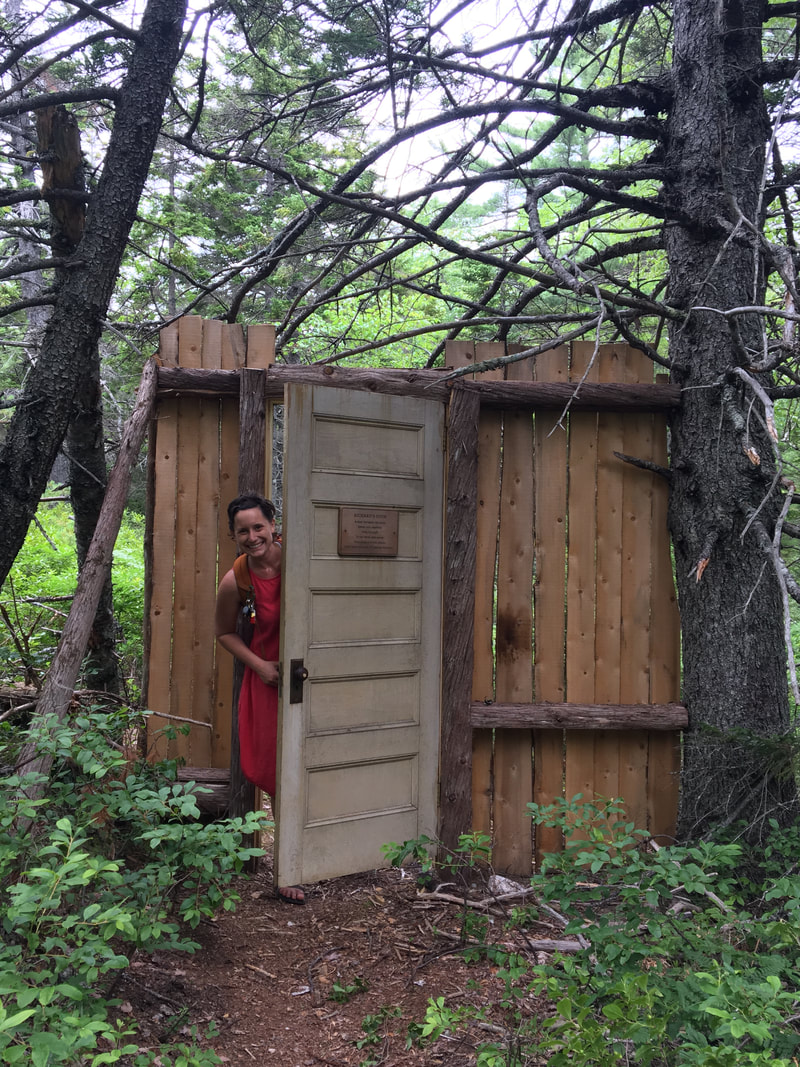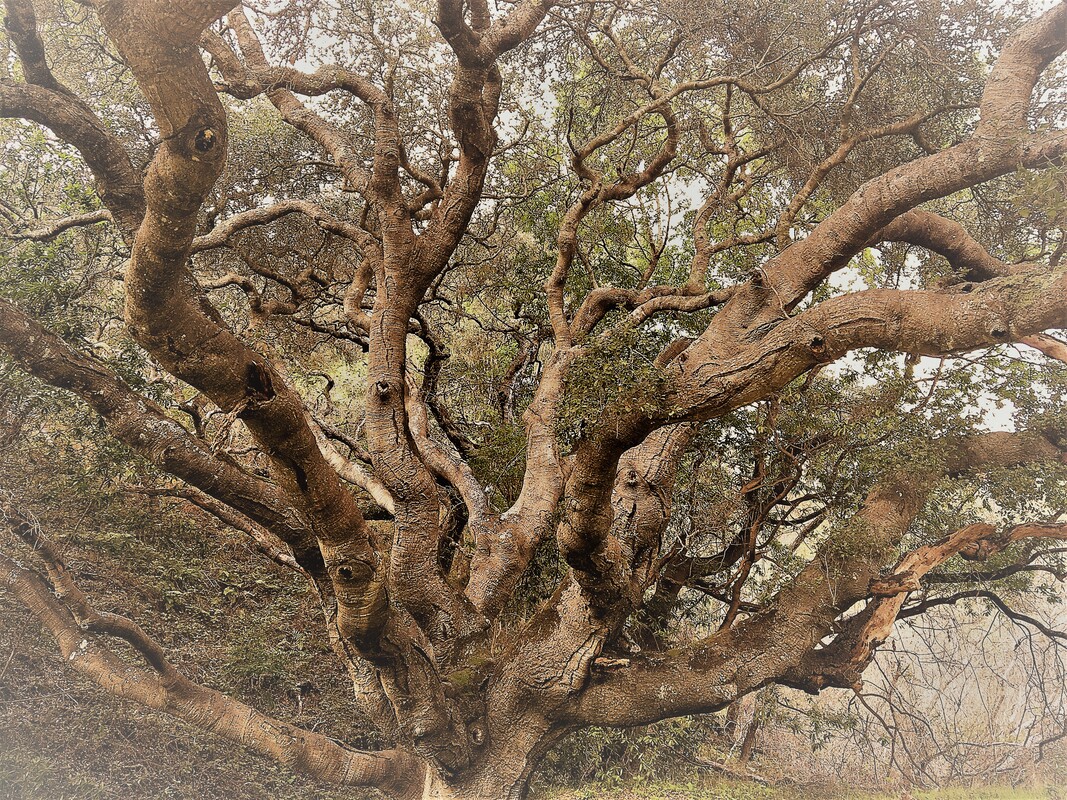|
How do you define "creative nonfiction"?
Creative nonfiction is often considered a stepdaughter of The Truth. But all nonfiction, and certainly the best nonfiction, uses the potential to be creative. Creative is often translated as “make believe” or “not true.” This is unfortunate. And nonfiction is often considered to be real or true. Also unfortunate. The term “creative” can refer to the content of a narrative, as is usual in fiction, or it can refer to the shape of a narrative, which applies to both fiction and nonfiction. As for the meaning of The Truth, that’s another term with many unfortunate translations and even more value judgments. Most fiction writers I know will swear to you their stories are true, and by this they mean they are creating situations, characters, settings, and scenes to reveal recognizable truths. Nonfiction writers engage in similar strategies, the difference being the situations, characters, settings, and scenes they create are pulled, in a more literal way, from memory. How are you finding motivation to be creative during this time of global pandemic? It takes no motivation. This time is a gift. I am healthy and have shelter and food, so all the time in the day is mine. This is rare for me now, though when I was writing novels it was exactly what my days looked like. Now, with an open schedule that allows me to dive deeply into another world, the fictional world I’m creating, I can do what I love to do, which is to tell stories. What childhood book had the greatest influence on your perspective? When I was a fourth-grader I checked out Jane Eyre from our elementary school library. What Jane Eyre was doing in our library is puzzling, though the school I went to was woefully oblivious to age-appropriate teaching and learning so it should not have been a surprise. I read thirty pages of Jane and moved on to other things, including a long period of young adult historical fiction in which the protagonist, usually a boy my age, sometimes a girl, saved the island of Manhattan from British attack, or grew up among the Iroquois, or worked with Harriet Tubman on the Underground Railroad. I wanted to learn about history through story, and I guess I still do. As a writer who works in numerous forms (novels, articles, short fiction, short nonfiction) could you discuss which you prefer and why? Though I’ve tried to stretch my skills and enjoy stretching them by writing in other forms, especially personal essays, novels are my passion. There’s nothing like being caught up in a great big baggy monster (John Gardner’s words) to consume your days and nights and give you an alternate world to occupy. Is it because I prefer to control the course of things? I don’t believe so, because one of the things I love best about writing fiction is that it actually writes you. You think, oh I’ll make this happen and then this and then that, and then you understand the story’s headed in a different direction altogether and it’s willing to reveal itself to you if you just listen and trust it. This is a kind of magic to me. For the magic to work, things have to get very quiet inside and around you. I deeply appreciate the call to quiet that every kind of writing demands of me, but especially the call of long fiction. If there is an afterlife, what items/objects/animals would you want buried with you that you could use in that afterlife? Wow. An afterlife. There’s a concept. I guess if I’m going to spend some time in an afterlife I’ll need my teapot and enough Irish breakfast tea, or English, to get me to the other side of the other side. I wouldn’t mind a watch with a second hand, either. What type of body of water do you most prefer to take a swim in? I recently wrote a character who swims. He swims in large bodies of water, like Lake Michigan. I’m always afraid of a fish touching me, or a crawdad, or a snapping turtle, which puts me off wild water, whether it’s a pond, a lake, a river, or an ocean. To swim, really swim, I like doing laps in a pool, especially if it’s a salt water pool. I love clear water, tinted an unnatural blue. I like to swim underwater and look up at all the bodies racing past me, like they’re flying.
1 Comment
It’s easy for me to bury my feelings in a fictional world. And fiction needs the color of our emotions to flesh out the line drawings of our imaginations. But today I want to withdraw for a moment from the world I am creating here on Grand Canyon Avenue, and speak about the world I am encountering. Sometimes I create in order not to encounter, but this never lasts long.
I am here in the spring of northern Arizona, sharing a very small house with a friend, a former partner, who is experiencing the grief of growing dementia. We are, all her people, experiencing that grief but of course her experience comes from the inside while we are only helpless observers. Helpless not in the extent to which we can cook and care for her, remind her to take her pills, to brush her teeth and take a shower. But helpless to lessen her suffering when she finds she can no longer remember how to use her phone, her lifeline to others. “Like this,” I say, and tap an icon. She shakes her head and knows that when she cannot do this anymore, when the tapping becomes yet another puzzle to decipher, the world will no longer open at her fingertips and she will be, in a way she never imagined, utterly lost. She is sheltering here as long as the sheltering goes on, because she can’t be alone anymore and the person who shared her house lost their job and moved away. So she is sheltering here, in fact, as long as the sheltering goes on and longer. She is here with me until we can arrange help for her in her home in a different part of the state. A “companion” is what we’re looking for, and my friend says, reasonably, “How can someone I don’t even know be my companion?” This word ushers in a different stage of the illness and we both know it. As long as I see my role here to be positive and cheerful, I am denying the great scope of sadness we both feel. This house was built in 1898 and has a calm and peaceful feeling to it and draws in the light through every window at different times of day, but still, there are few doors to close and my friend’s presence on the sofa in the center of the house is undeniably heavy. She is stricken at random times throughout the day and cycles down into some darkness I can see and feel. How to help? How to honor the suffering and stay close to her? I am a Buddhist practitioner and this, I can tell you, is the heart of the practice: To accompany someone and their suffering. Not to change it, but to witness it and share their heart. I love my friend. Her diminishing is a shock and it demands that I keep current with who she is right now, and moments later, who she is now. Her ability waxes and wanes throughout the day and there is no rhythm to it that I can decipher. I don’t know from one minute to the next what I will be called upon to respond to. How to turn on the shower? To remind her of the name of her son? Or the mysterious workings of her phone. Uncertainty surrounds her in such a profound way. My wish is to make things more certain, but the reality is that in order to be with her, really with her, which is her need and desire, I must join her in her experience of uncertainty and the painful impermanence of all things. We’re essentially looking at death together, through the lens of dementia, and it’s frightening. And heartbreaking. And to wake up each day in this little house and know there can be no lifting of the feelings of dread and loneliness, well, we are suffering. I wanted to tell you that, just that. There is suffering here. Let’s be honest. Welcome to the blog! This is a space for conversations, questions, answers, observations, and more..... All visitors to the blog are invited to engage with the discussions found here. |
AboutA place to discuss writing or anything on your mind. All visitors are invited to join the conversation by commenting on posts, asking questions, and joining the newsletter below for even more opportunities to connect and converse! Archives
April 2023
Categories |




 RSS Feed
RSS Feed